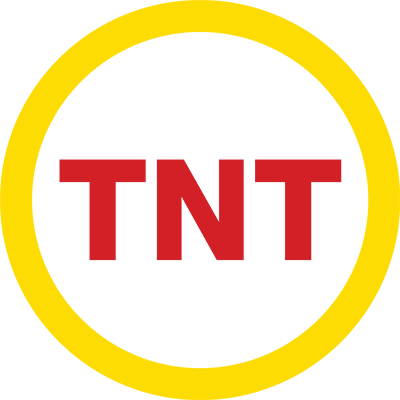The average inheritance in the United States is about $46,000. This number varies widely and can involve the passing along of many different items. These include money but also personal possessions like jewelry or art, and of course property.
Very often, homes that are inherited still have a mortgage. Inheriting a house that is paid off can be a huge blessing. It can also be a burden, depending on the circumstances.
It is important to be aware of factors that can impact the sale of an inherited house. The good news is that, once you understand what these variables are, you can expertly navigate the process of selling the home.
This article covers those issues. It explains all the things you need to consider in order to sell an inherited home. Keep reading to learn more.
What Does It Mean to Inherit a House That Is Paid Off?
For the purposes of this article, this means that you inherit a home that the deceased owned outright, with no outstanding mortgage. It also means that the individual owed no property taxes on the home and that there are no liens or encumberments on the house.
Note that, in some cases, debt acquired by the deceased could impact inherited property, even if that property is owned outright. These decisions are made through a process called probate.
What Is Probate?
Probate is a legal process in which a court decides the appropriate allocation of inheritance spelled out in the will of the deceased. It is a way of assuring that their wishes are carried out.
Probate is determined based on the status of the estate and how clearly the will is spelled out. Sometimes, probate is not necessary. These include situations where only a small amount of property is being passed down (not something substantial assets, like a house).
There are other ways to avoid probate though. One is if the home is part of a living trust. This means that the property immediately passes to a “trustee,” whose job is to manage the distribution of assets.
Another option is a quit claim deed. This is where, prior to death, the homeowner adds whoever they want to inherit the home to the deed. Upon their death, all parties listed on the deed become owners of the property.
If probate is necessary, it is assigned to a court (usually in the location where the property exists). Besides dispersing inheritance, part of the purpose of probate is also to ensure that any debts or unpaid taxes left by the deceased are paid in full.
Most often, courts will use monetary funds to settle these, without selling property. The point is that the home is still considered part of the estate (and not in your possession) until probate is completed.
Understand Tax Obligations
The next thing you need to look at if you are inheriting a house that is paid off is your tax obligations. First, estate taxes apply to money and property that someone inherits (they are sometimes called “inheritance taxes”).
There is a federal estate tax. It currently ranges from 18 to 40 percent, but (with some exceptions) applies to assets that total more than $12.92 million. Note that this is for an individual, so a married couple would get double that exemption.
Few people will fall into this category, but some states impose estate taxes as well. The rates and exemptions for these vary among states. Exclusions can be as low as $1 million and go up to over $9 million.
Next, there are capital gains taxes to consider. These are taxes on the appreciation of an asset. You will not owe these simply by receiving property from the deceased, but you could if you sell the home.
The tax implications of selling an inherited house also vary depending on location. For this reason, it is important to consult with experts, who can help you anticipate whatever taxes you might owe.
What Else Do I Need to Know Before Selling an Inherited House?
Beyond the legal and financial obligations discussed above, there are a few things to consider if you find yourself in possession of an inherited home. These are unique to your particular circumstances, but there are a few basic things to keep in mind.
If you do not wish to live in or rent the home, you can of course sell it. In fact, companies like ours specialize in selling a home fast, so that you can enjoy the profits and avoid other legal and financial obligations associated with owning the home.
If there are multiple heirs to the home, you will have to determine how to divide the asset. If one party plans to occupy the home, they would need to buy the other owner(s) out.
If you plan to sell the house, this is usually much simpler. In most cases, the joint owners would simply split the proceeds.
The last thing to keep in mind is that, in the case of multiple heirs, you will need to agree on the details surrounding the sale of the home. This includes the list price, as well as the lowest amount you are willing to accept for the home.
You also will need to determine who is responsible for preparing the house for showing. You will need to remain in contact with all of the other owners throughout the process, to ensure all of their wishes are met as well. This also will help protect you from any future lawsuits or other issues.
Learn More About Inheriting a House That Is Paid Off
Now that you understand what to do after inheriting a house that is paid off, you can make more informed decisions. Ensuring that all the above obligations are met is important. What to do with an inherited home is completely up to you, but remember that there are ways to sell the property without any entanglements.
First Choice Home Buyers is a local home-buying company with more than 20 years of experience in purchasing homes for cash. If you want to know how to sell a house fast, but still want competent staff and exemplary customer service, we can help. Reach out to us today to learn more.







